Hemp is a real treasure trove of health-promoting and therapeutic activities. But can hemp also affect the condition of our skin? Of course. This is all due to the extraordinary operation of the endocannabinoid system in our body - it is thanks to it that our receptors respond so well to cannabinoid substances.
The cannabinoid system and the skin
It seems that in the case of skin and all skin ailments, the endocannabinoid system plays a special role. ECS receptors called CB1 and CB2 are scattered throughout the human body , including the skin - thanks to this, both natural endocannabinoids produced by the body and cannabinoids from hemp can affect the condition of our skin. According to scientists, the endocannabinoid system affects the skin on many levels:
- regulation of certain cells
- reducing or worsening inflammation
- effect on hair growth
- sebum production
Sebum
Regulation of sebum production is one of the particularly important functions in the treatment of acne, because the overproduction of sebum may be one of the main causes leading to the formation of acne. Some research shows that endocannabinoids like anandamide, which stimulate CB1, can both increase sebum production at low levels and decrease it at higher levels. Other studies assessing whether endocannabinoids can help treat acne have shown that overproduction of sebum can also be inhibited by stimulating CB2 receptors.
Inflammations
Another cause leading to the development or exacerbation of acne is inflammation. Some researchers have noted that manipulating CB2 receptors can both exacerbate and inhibit inflammatory responses in the skin. This may mean that appropriate manipulation of CB2 receptors is an effective strategy to combat inflammation.
Pain
In the context of acne treatment, it is worth recalling that the endocannabinoid system is able to regulate the perception of pain at all stages of its processing. Activating CB1 receptors helps reduce pain perception by inhibiting the signals that reach the body. It turns out that stimulating CB1 receptors can even modify the emotional component of feeling pain and suffering. This can be an extremely helpful strategy in the fight against acne pain – both physical and emotional. This is especially important when we understand that non-physical external factors, such as stress, are also responsible for the formation of acne. Stress can cause acne conditions to flare up, and these can result in higher stress levels as a response. It's a vicious circle.
Cannabis and Acne
Extensive research into the effects of the endocannabinoid system in acne treatment shows that cannabinoids have the potential to help reduce acne formation and, in some cases, cure it completely. To better understand how cannabis can affect acne, it is worth taking a look at what scientists say about it. The current state of research on the effect of cannabis on the treatment of acne is not satisfactory, as important clinical studies are still missing, but there is already evidence confirming this theory. It has been proven, among other things, that cannabinoids can reduce inflammation and itching of the skin, which is one of the most troublesome symptoms accompanying acne.
The effects of cannabinoids on acne
How exactly do cannabinoids work in the fight against acne? For example, THC, the most common and abundant cannabinoid in the plant, was able to reduce inflammation in both animal and human models when applied topically to the skin. This both reduced inflammation and relieved itching.
In addition to cannabinoids, hemp also contains terpenes. These are the chemicals responsible for the smell and taste of cannabis, as well as some of its medicinal effects. Individual terpenes may contribute to cannabis's acne-fighting properties:
- The terpene limonene (which is also found in citrus fruits) and pinene (which is also found in pine needles) have been shown to inhibit propionibacterium, a key pathogen in acne.
- linalool (a terpene also found in lavender), is able to help by providing anti-inflammatory effects.
When used topically, they may provide additional support for acne treatment - but more research is needed to understand the best and most effective ways to use these terpenes.
Stress
Cannabis' ability to relieve stress and anxiety may be a key factor in stopping acne. As you know, cannabinoids are used to effectively fight stress, and this is one of the main reasons why people choose to take hemp-derived substances such as medical marijuana . In research on cannabis and stress, scientists have even found that cannabis consumption may blunt stress responses when exposed to stressful stimuli. It should be noted, however, that in the case of THC cannabis strains, stress is best relieved by using small doses of the substance. High doses of THC often make people feel more stressed. This may be due to the potential biphasic effects of cannabis , where a substance (such as THC) can produce opposite effects - depending on the dose taken.
CBD and acne
Research has shown that CBD may be one of the main cannabinoids helpful in the fight against acne .
It turns out that CBD can help reduce sebum production - one of the main causes of acne. CBD also reduces skin inflammation and helps relieve pain. Because it is able to absorb directly into the skin, it may prove to be an excellent topical treatment for reducing acne. Additionally, CBD can help reduce stress when taken edible or inhaled. In one CBD study, researchers gave some participants with social anxiety CBD before public speaking and others a placebo.
People who used CBD significantly reduced anxiety, cognitive impairment, and discomfort during exercise—suggesting that CBD is also able to suppress anxiety and stress responses. Eliminating stress also means eliminating one of the factors causing acne lesions.
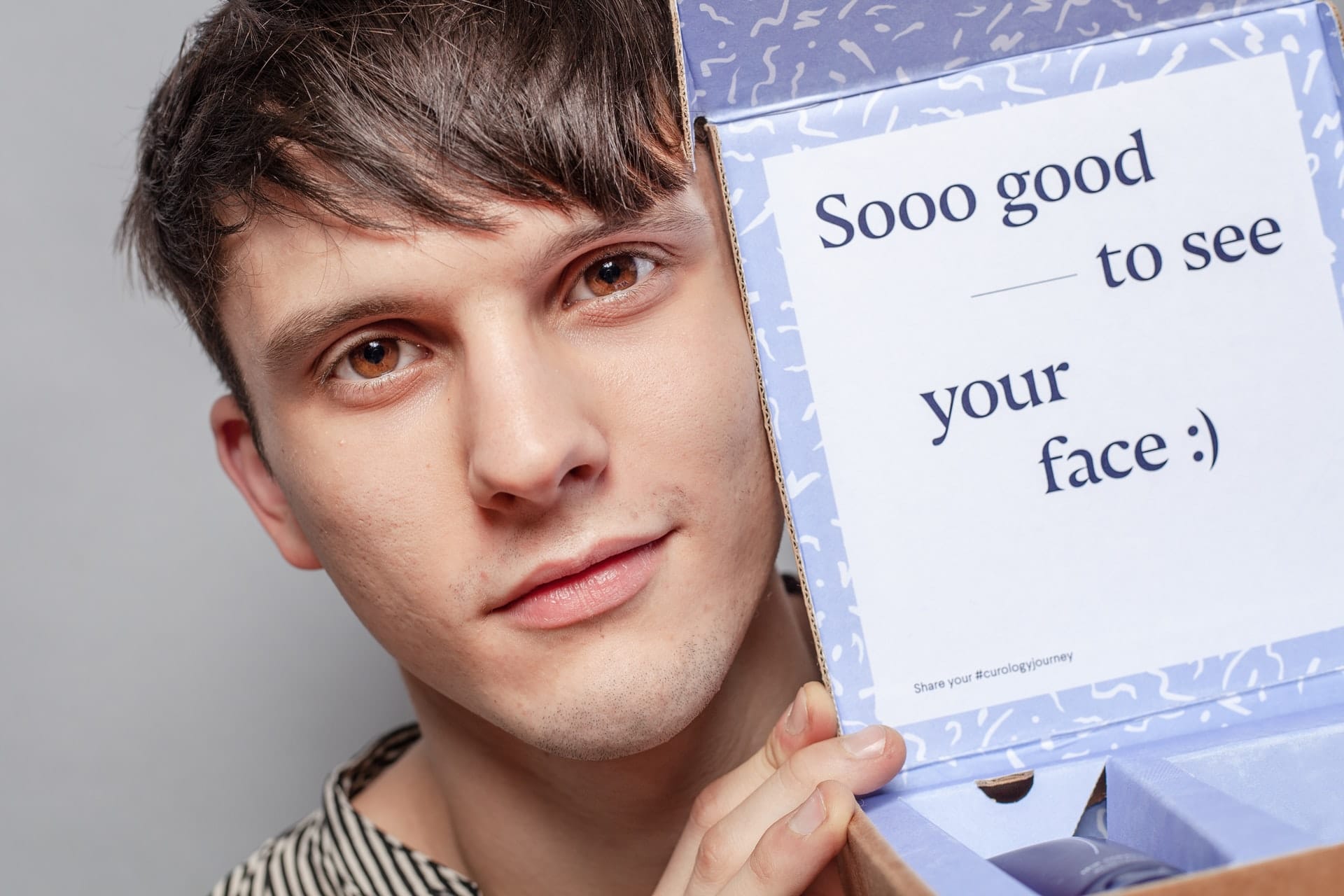
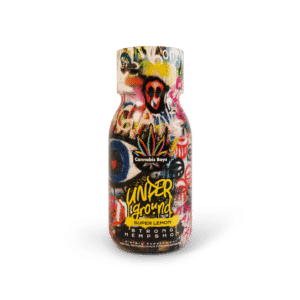
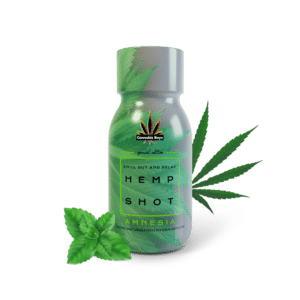
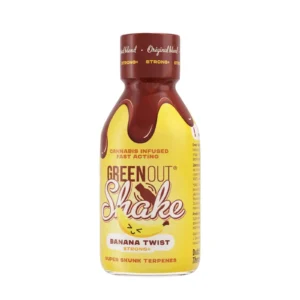



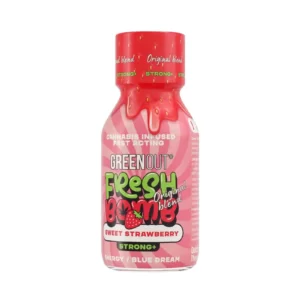
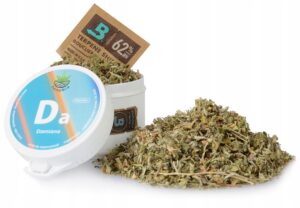
[…] the study shows that high doses of CBD used in people experiencing social anxiety reduced the level of anxiety and discomfort and […]
[…] CBD you need dried CBD hemp and unrefined coconut oil or olive oil. CBD hemp should be ground and mixed with oil, then set aside in a warm place for 2-3 weeks. […]
[…] its analgesic, anti-inflammatory and anti-anxiety effects are known and researched. CBD oil is also being studied for its potential use in treating other conditions, such as epilepsy, cancer and Alzheimer's disease. Although more research is needed, […]
[…] with CBD are becoming more and more popular. No wonder, CBD is widely used in many […]
[…] can only be issued by a psychiatrist and the doctor may recommend specific treatment methods. Medical cannabis treatment must also have the form, dose and concentration appropriate for you, therefore it requires consultation with [...]
[…] CBD flower is simply CBD-rich hemp that has been dried and processed like regular marijuana buds. You can […]
[…] THC and CBD, which in Colorado can be purchased at a pharmacy without a prescription. Previous studies on the use of cannabis in people with cancer have taken into account medically prescribed […]
[…] more research is needed to confirm these results, they suggest that CBD may be an effective treatment option for people who suffer from migraines. If you are interested in trying CBD for […]
[…] legal as a prescription drug. Numerous scientific studies have proven that hemp can be widely used in medicine due to its numerous medicinal and therapeutic properties. On her […]
[…] Instead, it is believed to have therapeutic benefits, including reducing inflammation and pain. CBD is currently being studied for potential use in treating a variety of conditions, including epilepsy, anxiety, and […]